UK Plastic Microbead Ban
Environmental Impact
As many of you may be aware, a UK Plastic Microbead Ban has been placed into effect this month.
The UK has now put in force a ban on the manufacture of products containing plastic microbeads, with a future ban on the sale of such products to follow in July 2018.
Such a ban has been devised due to the damage these tiny plastic beads have on marine life and is the strongest restriction on plastic microbeads currently in the world.
So, what exactly are these microbeads, where are they found and what kind of environmental impact could we be looking at?
What are plastic microbeads?
What are plastic microbeads? These are tiny pieces of plastic added to products and are usually no greater than 2mm in size. They are usually made from polyethylene or polypropylene, polyethylene terephthalate, polymethyl methacrylate or nylon.
Microbeads are used in rinse off products such as face scrubs, toothpastes, shower gels, etc. to help exfoliate. Microbeads are also use in age-defying make-up, lip glosses, nail polishes and many other products in the cosmetic and personal care range.
Why are plastic microbeads an issue?
Why are plastic microbeads an issue you ask?
The beads are designed to be washed down the drain but often slip through waste-water treatment plants as they are not filtered out. They are then discharged into waterways where they do not degrade and absorb chemicals, pollutants and toxins.
These chemicals and toxins are then transferred to fish and crustaceans when swallowed; entering the food chain and ultimately ending up on our dinner plate. Considering a single plastic microbead is estimated to be up to a million times more toxic than the surrounding water, this can put us at great risk.
There are estimated to be 5 trillion plastic pieces in the oceans today. Plastic microbeads are only a small part of this but are very significant. Thousands of tonnes of these beads find their way into the oceans every year and with numerous words being used to describe them on packaging, most consumers do not even realise their products contain them, in order to prevent their use.

Passionate about managing environmental impact? Become NEBOSH Qualified with an online e-Learning course.
The New Ban
The new ban follows on from Americas ban in 2015.
Manufacturers of cosmetic products in the UK have already been voluntarily working towards eliminating plastic microbeads since the USA ban. Some companies, including Boots and Unilever, worked ahead of the UK ban and have already phased out microbeads.
This new ban came ahead of the Governments upcoming 25 Year Environmental Plan but will work alongside other strategies such as the successful 5p charge on plastic bags. This initiative has seen an estimated 9 billion less bags in circulation and resulted in donations of £95 million to environmental, educational and other causes.
The UK ban is one of the world’s toughest bans on plastic microbead use and will not be allowing the use of biodegradable plastic microbeads as some countries do.
This ban will be enforced in the UK through sanctions which will include but are not limited to, monetary penalties, compliance notices and stop notices.
The Cosmetic Industry
The cosmetic industry has stated that this would require the reformation of thousands of products; a lengthy and expensive process. It has been stated that this will have significant cost implications on the industry, especially smaller companies who may not be able to afford a reformulation of what could be up to 90% of their products.
Other impacts the cosmetic industry state could incur include damage to the UK’s global competitiveness, the customer having a reduction in choice and going elsewhere, and (if insufficient time is permitted for the reformulation process) large quantities of products going to landfill.
Only Time will Tell
There are natural alternatives to plastic microbeads available which are fully biodegradable such as those made from jojoba plant oil. Other alternatives that do not damage the marine environment include coffee, rose hip seeds, salt and whole oats.
Researchers at the University of Bath in 2017 developed beads from cellulose which are biodegradable, so the options are there for industries to use.
As plastic microbeads are only a small percent of the plastic pollutants present and some companies have already phased out their use, the question remains as to what impact this ban will actually have on cleaning up our oceans. Only time will tell, but would it not be a great feat if we were the first generation to leave the environment in a better state than when it was passed to us?
Emma Wiles

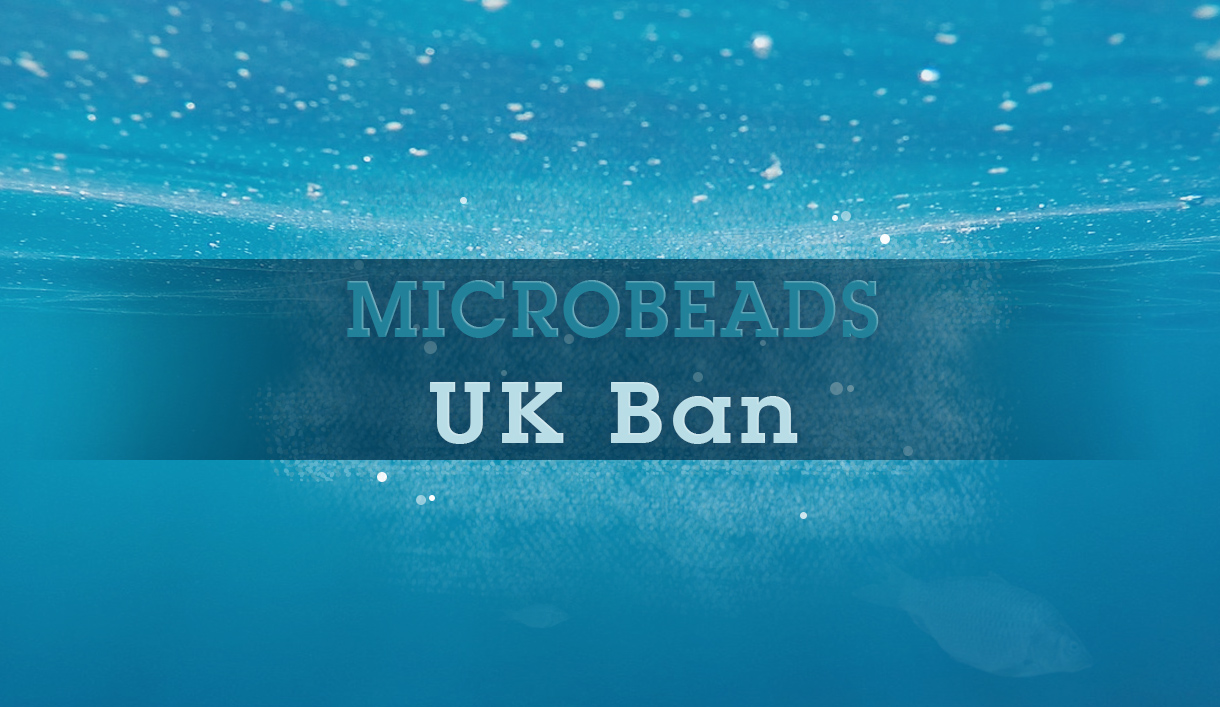
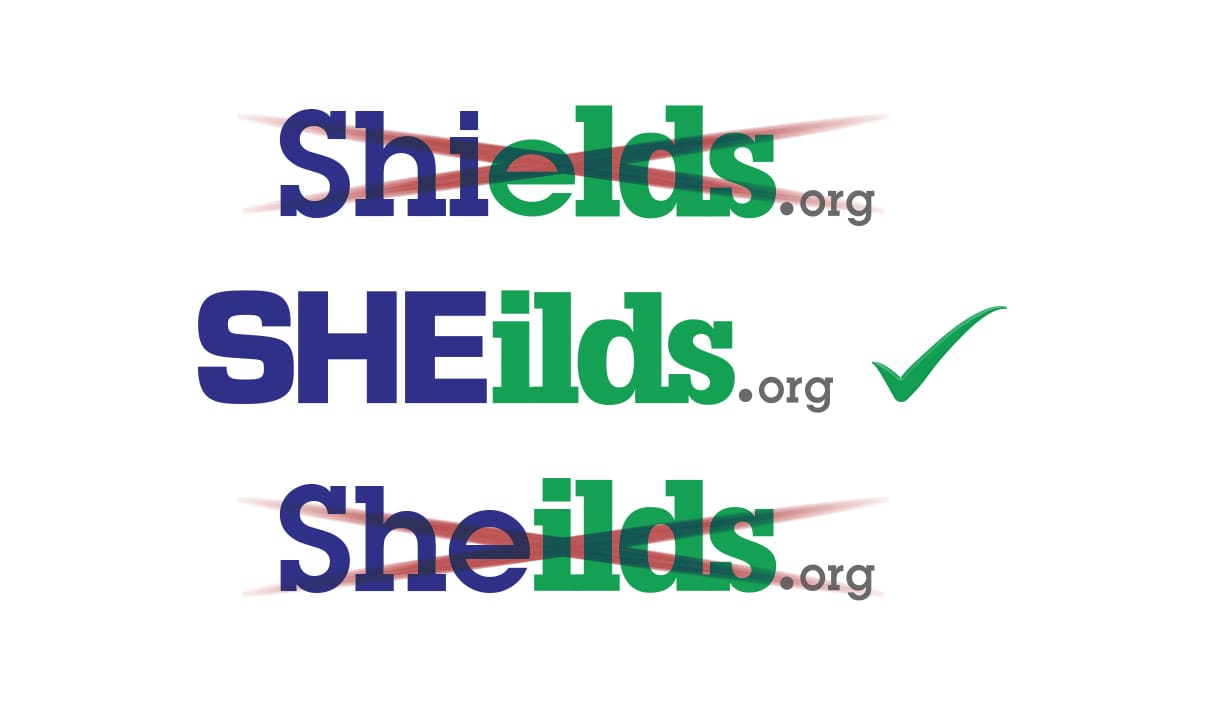

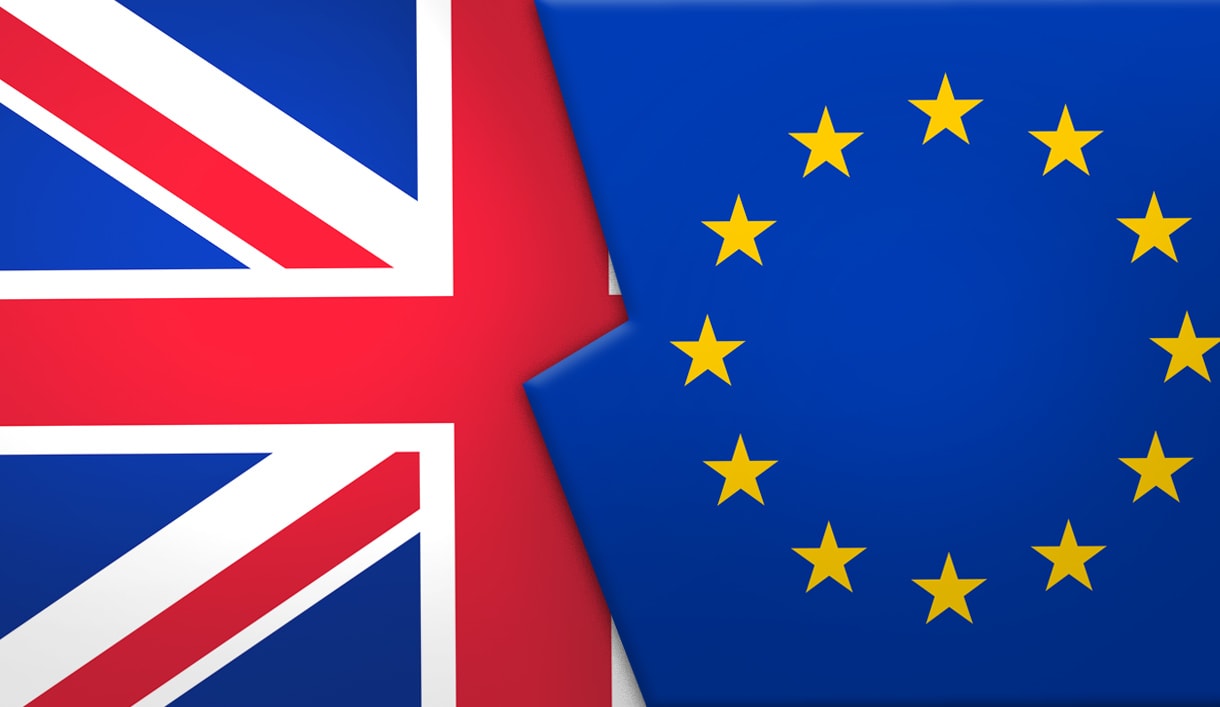
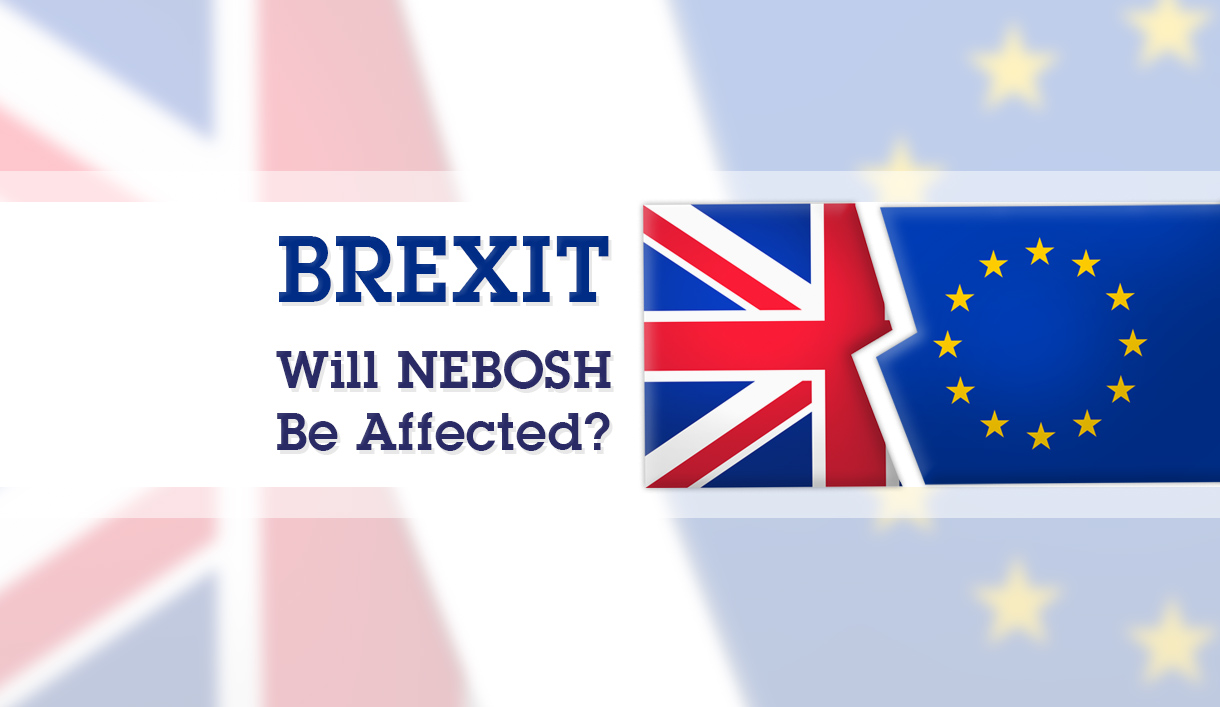

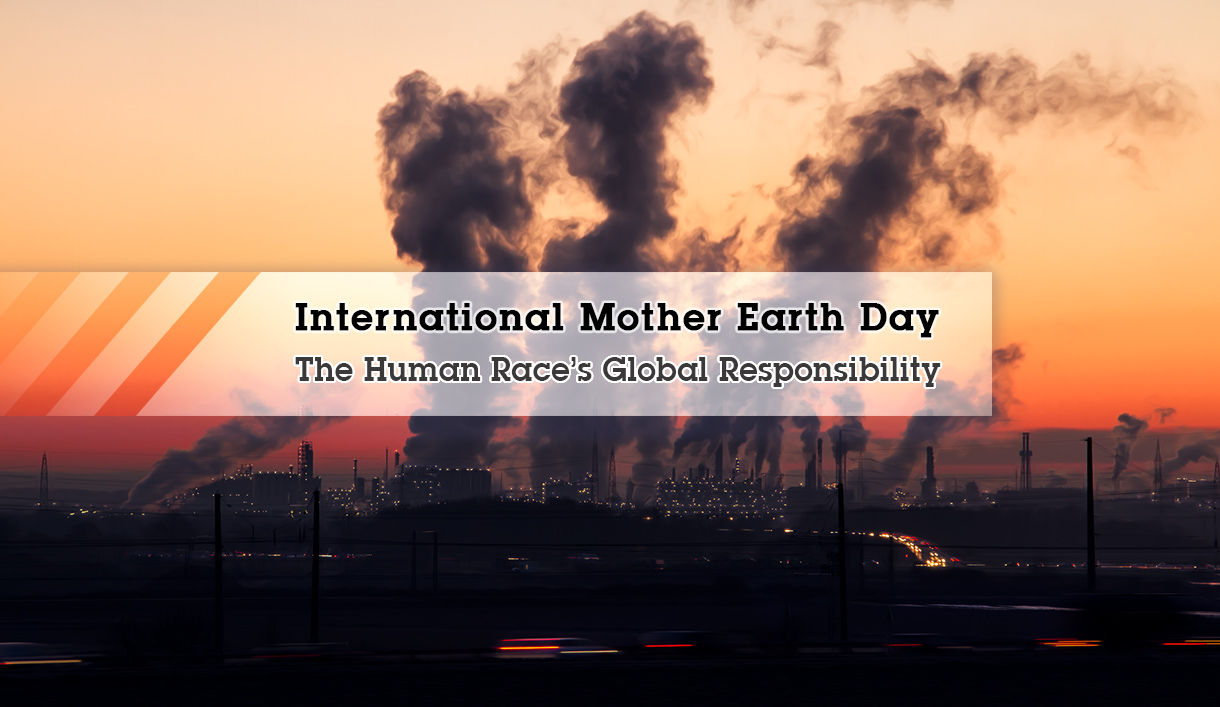
Leave a Reply
Want to join the discussion?Feel free to contribute!